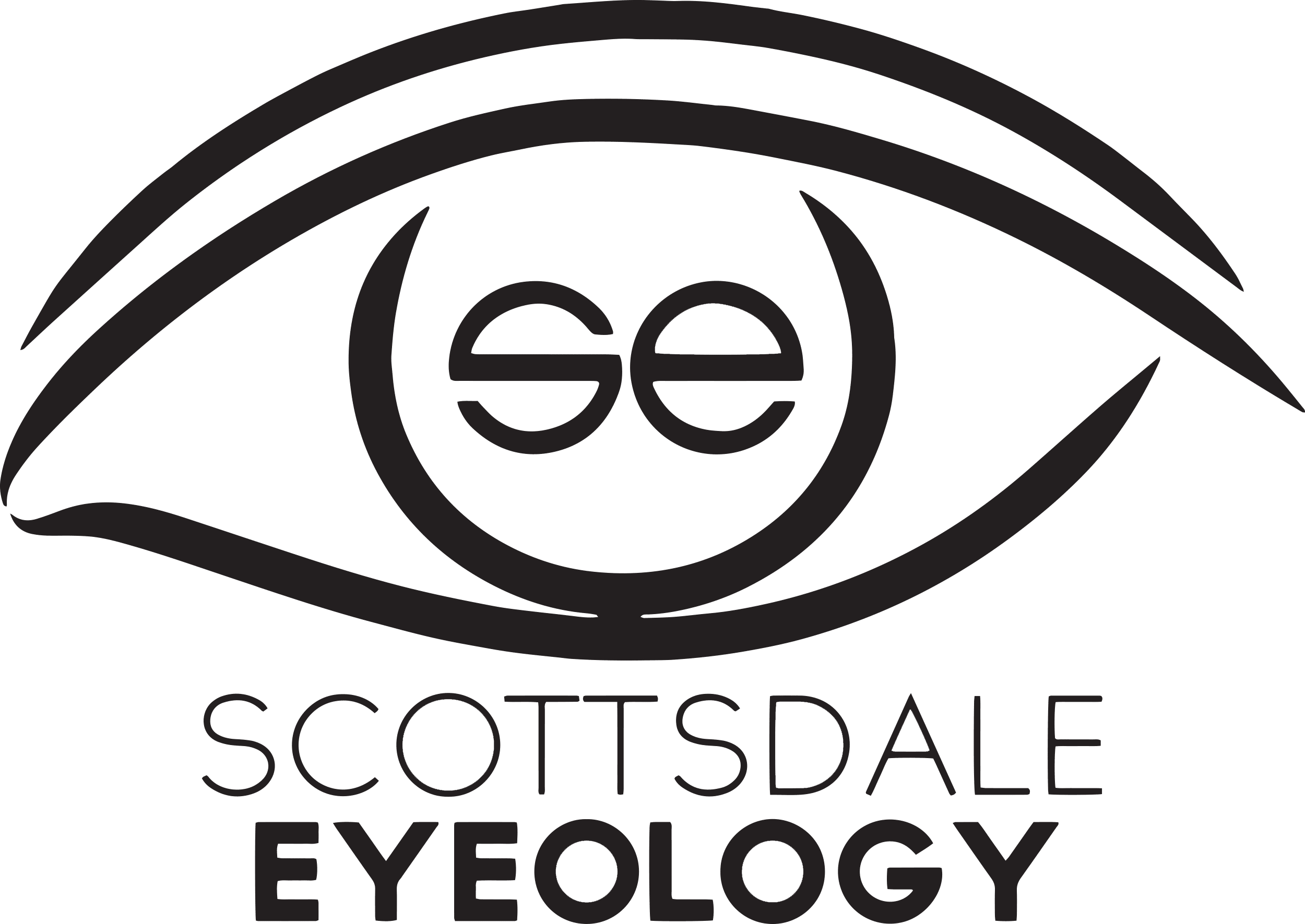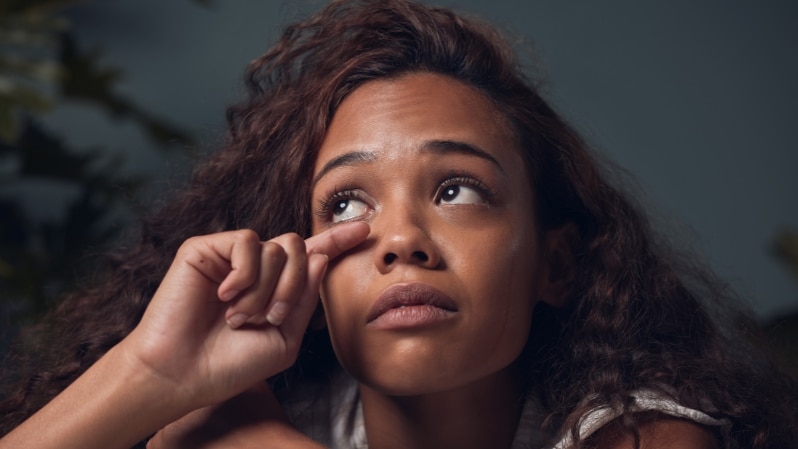Seasonal allergies can bring on uncomfortable symptoms, and one of the most bothersome issues is dry eyes. Managing dry eyes during allergy season is essential to stay comfortable and protect your eye health. For those with seasonal allergies, pollen, dust, and even changes in temperature can trigger symptoms that make your eyes feel itchy, irritated, and dry. This blog covers helpful tips, effective treatments, and preventive measures to navigate the allergy season without letting dry eyes impact your daily life. Here’s how to manage dry eyes during allergy season for clearer, more comfortable days.
What Causes Dry Eyes During Allergy Season?
- Why It Happens: Pollen and other allergens in the air trigger allergic reactions, leading to inflammation and increased tear evaporation, causing dry eyes.
- Common Symptoms: Itching, burning, redness, blurred vision, and a gritty eye feeling often accompany seasonal allergies.
- Seasonal Timing: Spring, summer, and fall are prime allergy seasons, each with unique allergens that affect dry eyes differently.
Identifying Triggers to Prevent Dry Eye Flare-ups
- Allergens: Common triggers include pollen, dust mites, mold, and pet dander, which are prevalent during allergy season.
- Environmental Factors: Wind, sun exposure, and dry air can exacerbate symptoms, making it essential to minimize exposure during peak pollen times.
- Air Quality Alerts: Keeping an eye on air quality reports can help you plan your outdoor activities on low-pollen days to reduce eye irritation.
Tips for Managing Dry Eyes During Allergy Season
- Use Glasses: Glasses can shield your eyes from allergens and reduce the amount of pollen in contact with them. If you need emergency eyeglasses, same-day glasses in Scottsdale can help you manage dry eyes during the allergy season.
- Keep Indoor Air Clean: Use air purifiers with HEPA filters and close windows during high-pollen days to minimize allergens indoors.
- Hydrate Regularly: Drinking water keeps you hydrated, which supports natural tear production and reduces eye dryness.
Over-the-counter remedies for Quick Relief
- Artificial Tears: Preservative-free artificial tears can provide instant relief, helping to keep your eyes lubricated throughout the day.
- Antihistamine Eye Drops: Look for eye drops formulated explicitly for allergy relief to minimize itchiness and inflammation without drying out your eyes.
- Cold Compresses: Applying a cool, damp cloth over your eyes can help soothe irritation and reduce inflammation caused by allergies.
When to Consider Prescription Treatments?
- Allergy Shots (Immunotherapy): For severe cases, an allergist might recommend allergy shots to build immunity and reduce symptoms long-term.
- Prescription Eye Drops: If over-the-counter options don’t relieve symptoms, consult an eye specialist for prescription-strength options tailored to your needs.
- Oral Medications: Some allergy medications can reduce symptoms but may exacerbate dryness, so work with a doctor to find a balanced solution.
Lifestyle Adjustments to Manage Symptoms Naturally
- Wear Protective Eye Gear: When doing outdoor activities like gardening, wear goggles or glasses to prevent allergens from irritating your eyes.
- Follow the 20-20-20 Rule: For every 20 minutes on a screen, look 20 feet away for 20 seconds to reduce strain and refresh your eyes.
- Limit Screen Time: Reducing exposure to screens, which dry out your eyes, can significantly help manage seasonal eye dryness.
Building an Effective Allergy Season Eye Care Routine
- Morning and Evening Eye Care: Wash your face and eyelids each morning and evening to remove any pollen residue. Consider using a gentle eyelid cleanser.
- Humidify Your Living Space: A humidifier adds moisture to the air, which can help keep your eyes from drying out indoors.
- Plan Ahead: Recognize your allergy season and start preventive measures before symptoms begin, such as using artificial tears and wearing sunglasses.
Managing dry eyes during allergy season requires proactive steps to protect your eyes from allergens and dryness. Knowing your triggers, taking preventive measures, and using natural and over-the-counter treatments can help you be safe during allergy season. Implement these simple strategies to keep your eyes healthy and clear and enjoy the season without the discomfort of dry eyes.
If you still struggle with dry eye syndrome, contacting dry eye specialists near Scottsdale can help you more effectively manage your eye concerns.


